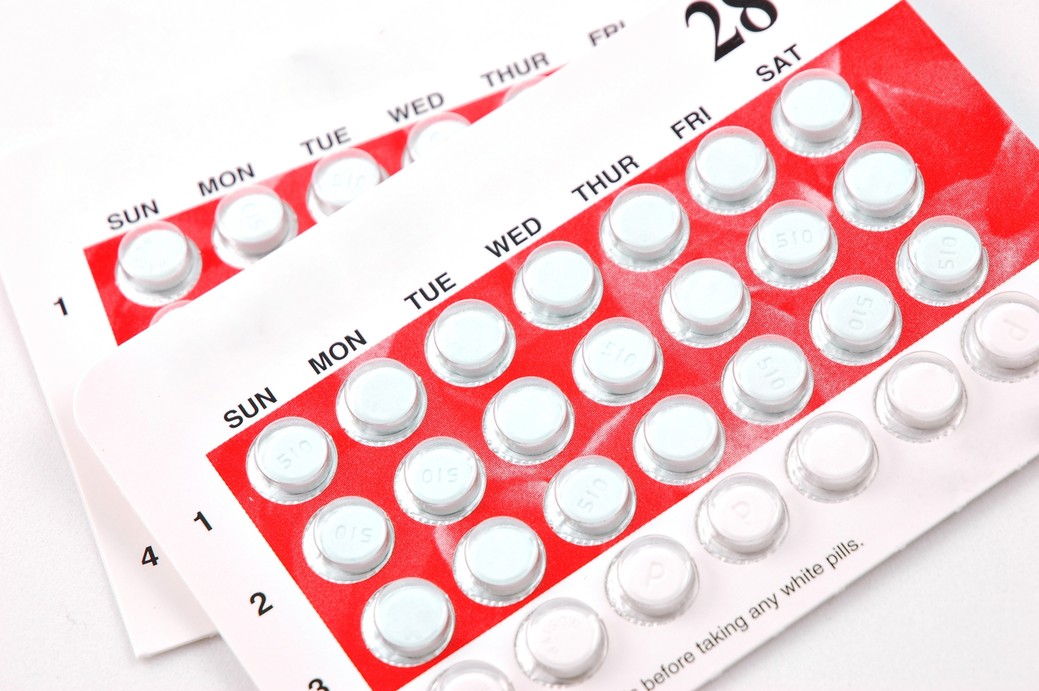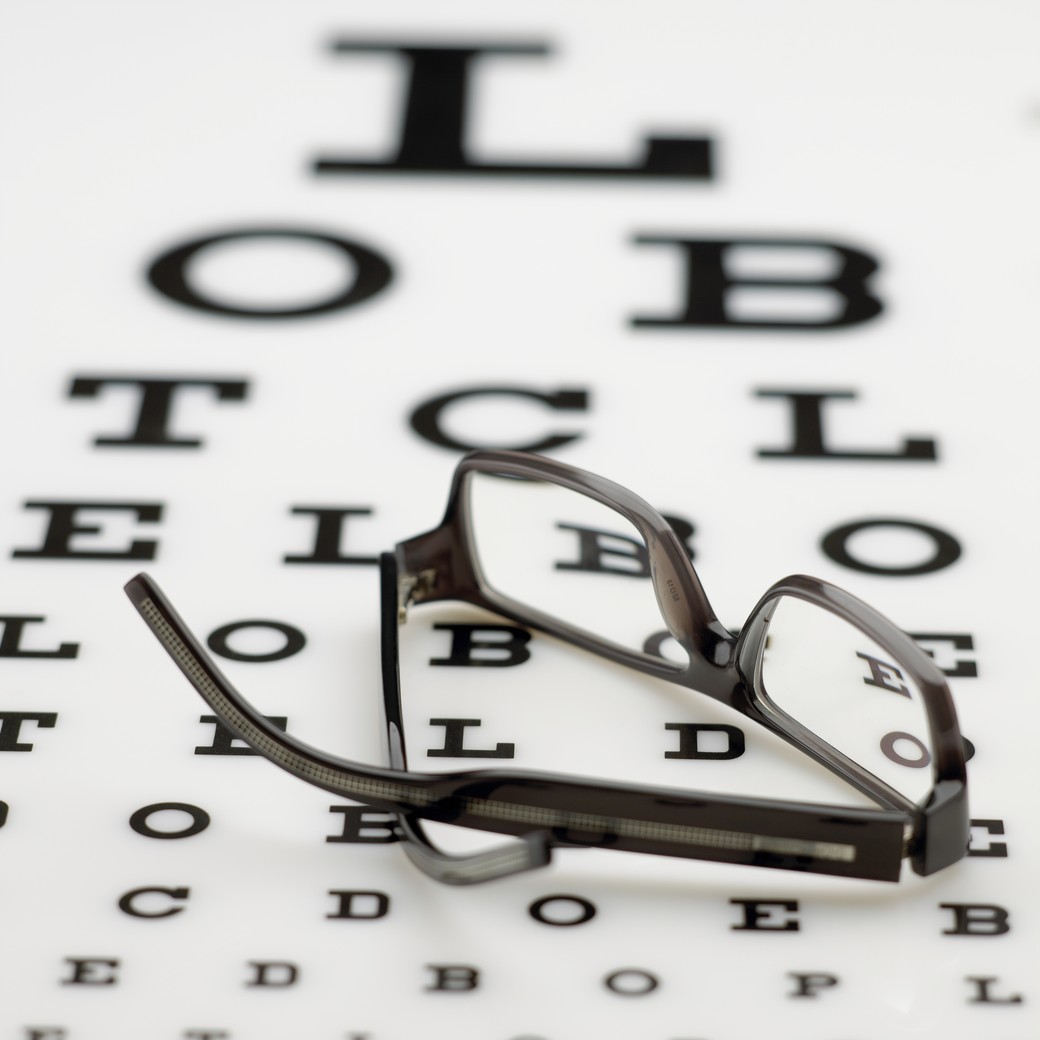
Drug Treatment for Female Sexuality not about Equality but Profits
We have come a long way, baby.
Eighty-five years ago, on October 18, 1929, women were declared “persons” in Canada.
Women in Canada became eligible to be appointed to the Canadian Senate, which up to that time, had been the sole dominion of men because women were not deemed ‘persons’ under the law. Five Alberta women, Emily Murphy, Irene Parlby, Louise McKinney, Henrietta Muir Edwards and Nellie Mcclung, declared a major victory in being able to say, quite simply: “We are persons too!”
There is no doubt great strides have been made in the push for gender equity over last 85 years. We take things for granted nowadays, where senior members of almost every profession are women and women hold leadership positions in government and industry. We have had female premiers and a female prime minister. When I tell my daughter we didn’t have women in Military College or the Canadian Navy when I joined 30 years ago, she is aghast. Now women command warships and fly fighter jets, and there is no question they have breached almost every domain that has been the sole bastion of men.
At the same time, it’s premature to say true gender equity has been achieved. Women still earn less than men, carry the bulk of childcare duties and are often the first ones to sacrifice their careers when children come along.
More worrisome, I think, is to see how demands for justice for both sexes can be construed in ways that co-opt the language of equality to sell ideas or products–especially when they might be another way to subdue women all over again.
As a pharmaceutical policy researcher, I’ve studied the marketing practices of the drug industry for two decades and have seen many examples where industry-fuelled medicalization of women’s health has threatened to turn the normal ups and downs of puberty, pregnancy and menopause into ripe fodder for pharmaceutical-enhancement.
There’s one significant frontier in the medicalization of women’s bodies that remains elusive: drug treatment for female sexuality.
At the end of October 2014, the US FDA is sponsored a workshop called “Patient-Focused Drug Development and Scientific Workshop on Female Sexual Dysfunction,” which put on display two very starkly contrasting views of female sexuality.
On the one hand, led by drug companies wishing to create the first new “Pink Viagra,” surrogate patient groups have started actively lobbying for new drug development under the guise of gender equity. These advocates say that there are already 26 FDA-approved drugs on the market for male sexual problems and “ZERO for women.” And so, they want action. What that ‘action’ looks like is a push for the FDA to recognize its apparent gender bias and lower the standards needed to approve drugs for women.
The eventhescore.org campaign appears to be made up of advocates who want new standards of drug approval at the FDA so that they, too, can have drugs to enhance sex.
On the other hand are women health advocates who are vocally countering the medicalization of female sexuality, saying that the FDA should not accept the rewriting of disease definitions in order to satisfy the drug industry’s desire to market drugs for low sexual desire. They argue that female sexuality is complex and diverse, and based on a whole range of emotional and relationship factors that are not as simple as a male plumbing problem, and hence, not amendable to a pharmaceutical cure.
The main problem is no one seems to be able to precisely define ‘female sexual dysfunction’ and the ‘disease’ for which a pill might be warranted. Being too tired for sex? Being uninterested in the lout who wears sweatpants around the house? Living with a Neanderthal that doesn’t know how to do laundry? There is not yet a pill for that but that hasn’t stopped some in the drug industry from trying to characterize low sexual interest into a disease.
In the recent past, the world has been witness to many intensive efforts to redefine or characterize normal human social and physiologic parameters into conditions requiring pharmaceutical treatment. Now adding to the pharmaceuticalization of a broad range of normal human behaviors including sadness, social anxiety and childhood exuberance, we can add ‘’female sexual dysfunction’–deemed abnormal, widespread and urgently in need of pharmaceutical intervention.
Let’s strip the false ‘equality’ language from the sales pitch and recognize that this is not about being fair and even between the sexes, but about potential profits.
Alan Cassels is a pharmaceutical policy researcher and an expert advisor with EvidenceNetwork.ca.










